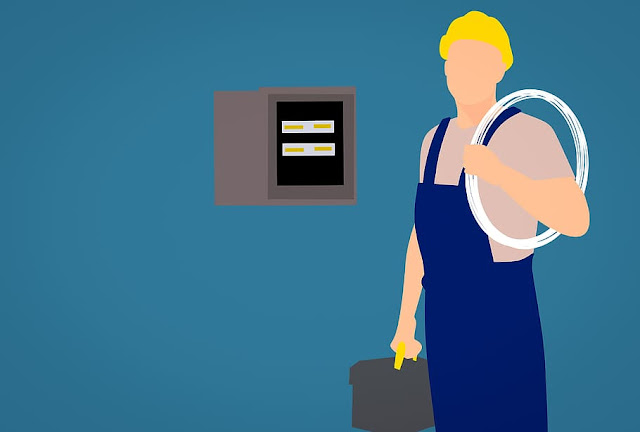A Comprehensive Guide to CNC Machining
Some of the most sophisticated industrial technology we see these days are an outcome of CNC or Computer Numerical Control machining. It’s a 50-year old technology acquired for its high-quality automation and precision for creating countless innovative products. CNC machining has benefited a wide range of industries, including aerospace, medical, automotive, and defense sectors.
Computer Numerical Control (CNC) machining is a modern manufacturing process that involves pre-programmed computer software for seamlessly recording the movement and rotation of factory machinery and tools. Most manufacturers employ CNC machining to supervise and control complicated industrial machineries such as mills, routers, and grinders. It’s a convenient and quick way to accomplish three-dimensional cutting tasks in factories within a few minutes.
Here’s everything you should know about CNC machining.
The CNC Machining Process
CNC machining is an incredibly flexible and versatile manufacturing process. You can perform this task with various raw materials, including plastics, composite items, foam, glass, plastics, and metal. In fact, its compliance with so many materials makes it the perfect machining choice across industries, allowing product engineers and designers to assemble and put forward products with increased precision and efficiency.
It works by using a subtractive methodology, which means it machines or transforms feedstock into its final product by isolating or removing waste materials. The process comprises drilling of countless holes and pathways for the waste-products. It eventually shapes the metal stock into new, usable machinery with diverse shapes, diameters, and functions.
The Benefits of CNC Machining
Various benefits make CNC machining and milling a popular choice among multiple industries. It’s an exceptionally accurate and precise process that can be continuously repeated without disruptions. Most high-quality CNC machining processes have tight tolerance rates between +/-0.001″ – 0.005″. Therefore, it’s the perfect method for producing goods on demand since you can program machines for as long as 24 hours throughout the week.
Companies looking to manufacture rare and custom parts can significantly benefit from CNC machining. It’s an excellent choice for producing machinery upgrades for specific clients. Moreover, it has an impeccable production capacity of up to 10,000 units per day. Its quick performance can help companies meet product delivery deadlines more efficiently.
Multiple Uses of CNC Machining
Most detailed industrial hardware products result from CNC machining processes that precisely cut out metal stocks to produce durable masterpieces. Some of the other machinery that CNC systems control and supervise include embroidery machines, laser cutters, 3D printers, glass cutters, cylindrical grinders, foam cutters, wood routers, wire-bending machines, and turret punchers.
Looking for cost-effective and reliable CNC Machining services for your company? The experts at Contact Instruments provides CNC machining services in Canada, using the latest CAD/CAM services to aid their customers in designing, prototyping, and producing their products. Contact them to request a quote today!






Comments
Post a Comment